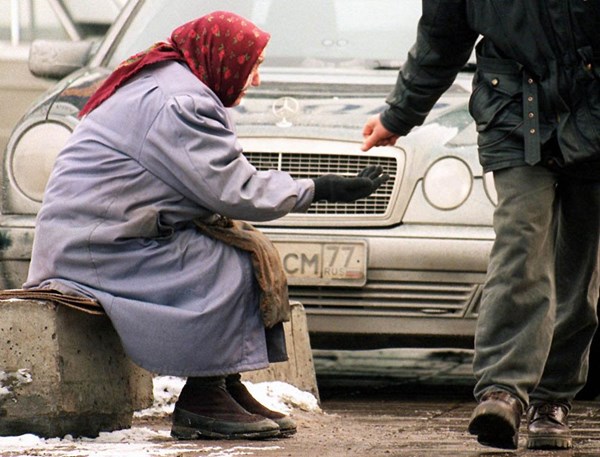Putin's financial safety net melts away: Russia's National Wealth Fund could run out Sooner than expected
As Russia grapples with economic challenges, its primary financial cushion—the National Wealth Fund—could become depleted within six months if oil prices significantly drop.
The National Wealth Fund, once bolstered by substantial revenues from oil and gas, is rapidly diminishing. Since the large-scale invasion of Ukraine, this financial buffer has been utilized to plug budget gaps but is now shrinking significantly.
By February 1, the liquid assets of the fund, which include gold and foreign currency, stood at 3.8 trillion rubles, equating to less than 2% of GDP. In comparison, before the full-scale attack on Ukraine, this figure was significantly higher at 7.4% of GDP.
Former Russian Finance Minister Mikhail Zadornov indicated that the fund's resources might be exhausted in half a year if oil prices take a deep plunge.
Amidst sanctions from the previous U.S. administration targeting Russia's oil sector, the price of Russian oil fell below the Western-imposed cap of $60 per barrel.
In response, newly elected U.S. President Donald Trump has repeatedly emphasized the need to lower global oil prices, asserting that such a measure would pressure Russia into ending its aggression against Ukraine.
The fund's resources are being directed towards the war and substantial budget expenses. According to Zadornov, if economic and foreign economic challenges persist and the budget lacks significant revenue streams, the fund's resources could quickly deplete to maintain government spending. Currently, there are nearly no funds left for a "rainy day," while military and war expenses continue to escalate. Predictions indicate that by 2025, military spending will reach 13.2 trillion rubles, marking a 22% increase from 2024, double that of 2023, and nearly quadruple the pre-war 2021 level of 3.5 trillion rubles.
The former minister stresses that balancing the budget is achievable only by ending the war. He further highlights that reducing the budget deficit is a "key factor in defeating inflation," whose effects are increasingly burdening Russian citizens and businesses.
